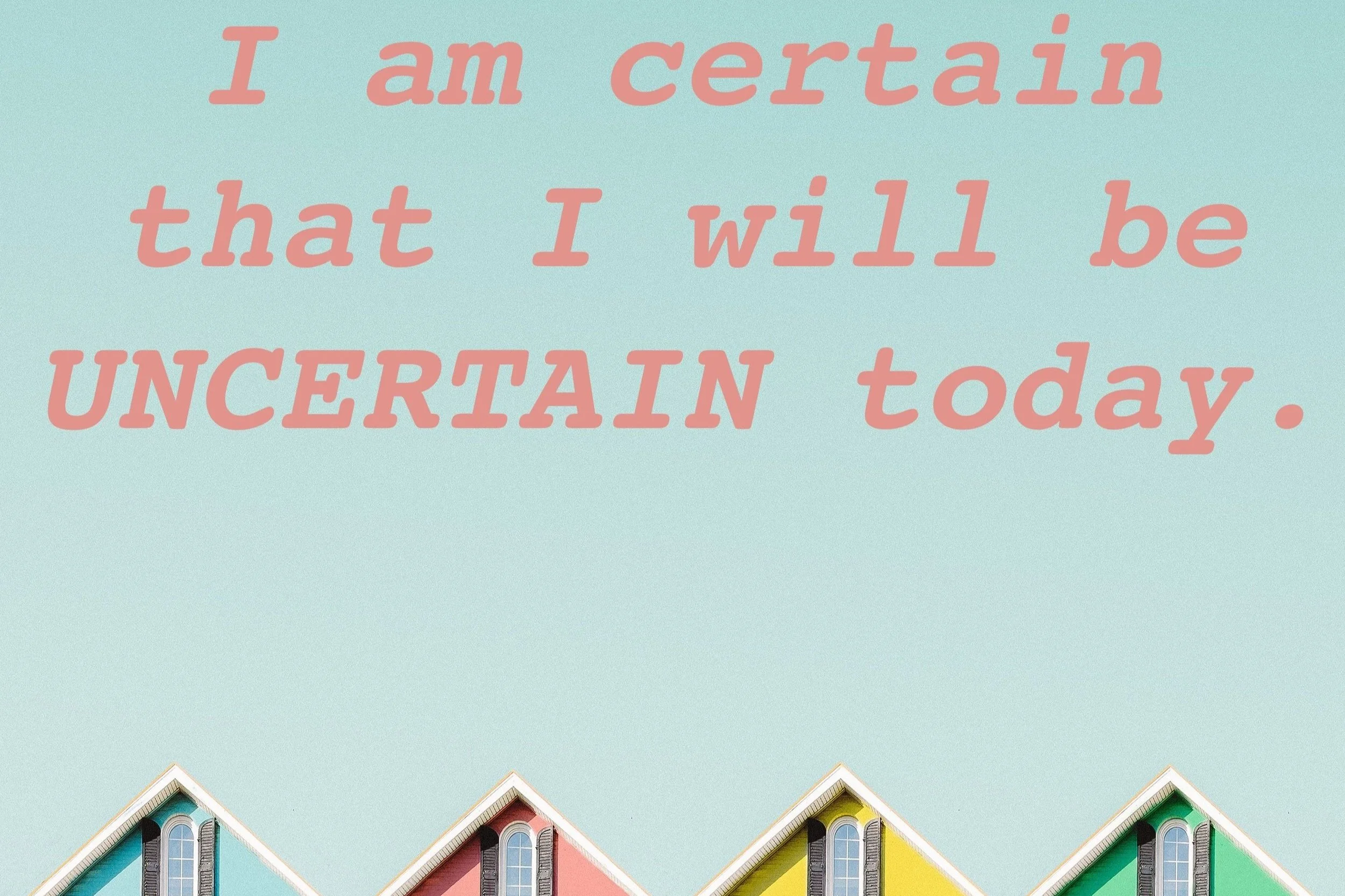Helping Your Child Heal After Witnessing something traumatic: Gentle Strategies for Parents
Helping a child navigate the aftermath of trauma can feel overwhelming, but as a parent or caregiver, you play a crucial role in their healing journey. This blog provides practical, evidence-based drawn from Cognitive Behavioural Therapy (CBT) to help your child process distressing events. From guiding them to tell their story with a beginning, middle, and end, to using creative play and reframing unhelpful thoughts, this article offers actionable advice to support your child. Learn how to gently address avoidance, regulate emotions, and rebuild their sense of safety.
How to Prepare for Your First Online Therapy Session
Feeling nervous about your first online therapy session? You're not alone! Our blog offers essential tips to ensure a smooth experience, from optimising your internet connection to creating a comfortable, private space.
Learn how to use your video platform effectively, enhance sound quality, and handle technical issues. Plus, get advice on post-session reflections and following therapist recommendations. Dive in to maximise the benefits of online therapy and start your journey towards well-being with confidence. Read our 10 tips to help make your first session a success!
Ten Top Tips for the best quality video meeting
How to Create New Compassionate Neural Pathways: Techniques for Building a Kinder Mindset
Discover how to transform your mindset. Learn the science behind neuroplasticity and explore practical techniques such as repetition of compassionate statements, mindfulness, visualisation, and journaling.
Empower yourself to cultivate a more compassionate internal narrative, enhance emotional resilience, and foster a positive outlook. Start your journey towards a kinder, more resilient self today!
How to have a Stress Free Christmas (expert advice)
Discover the key to a stress-free and joyful Christmas with our latest article, "Holiday Well-being: Thrive This Christmas with CBT Expert Tips." Authored by Lisa Johnston, our skilled CBT, ACT and EMDR therapist, this insightful piece delves into the art of managing mental well-being during the festive season. Drawing on Acceptance and Commitment Therapy (ACT) principles, the article offers practical strategies for dealing with holiday pressures, prioritising what truly matters, and embracing a mindful, value-driven approach to the festivities.
From redefining family roles to fostering mindfulness and self-compassion, this guide is your ultimate companion for a happier, more fulfilling Christmas experience. Visit our website to read more and transform your holiday season into a celebration of joy, peace, and well-being.
Overcoming OCD: Embracing Uncertainty and Finding Freedom
Explore effective strategies to overcome OCD by embracing uncertainty through Online CBT Therapy. Release the grip of relentless certainty-seeking and discover freedom. Understand the impact of doubt and uncertainty on OCD symptoms and learn how Online CBT Treatment can support your journey to recovery.
Was Shakespeare a secret CBT therapist specialising in the treatment of OCD??
Discover how Shakespeare, the beloved bard and master of English, may have been an early adopter of cognitive behavioural therapy, and explore his pearls of wisdom for managing negative thinking patterns and OCD symptoms. "There is nothing either good or bad, but thinking makes it so." - Hamlet, Act 2, Scene 2.
What is Compassion Focused Therapy?
Compassion Focused Therapy (CFT) is a form of psychotherapy that was developed to address high levels of shame and self-criticism. This article looks at what CFT is and why it is such an effective and powerful therapeutic approach for helping break down the blocking effect shame and criticism can have within a person’s recovery.
We explore who would benefit from CFT and list the many My Therapist Online therapist who are trained and experienced to deliver online CFT within their online therapy clinical practice.
DBT Group Starting - with Ian Scott
DBT therapy helps those with emotional dysregulation, self-destructive behaviours, and relationship conflicts. It's effective for trauma survivors, those with difficulty regulating behaviour, and more.
Learn how group therapy enhances social support, skill-building, peer modelling, and accountability.
Join Ian Scott’s DBT group with 4 modules: mindfulness, distress tolerance, emotional regulation, and interpersonal effectiveness. A low-cost option for therapy. Register now.










